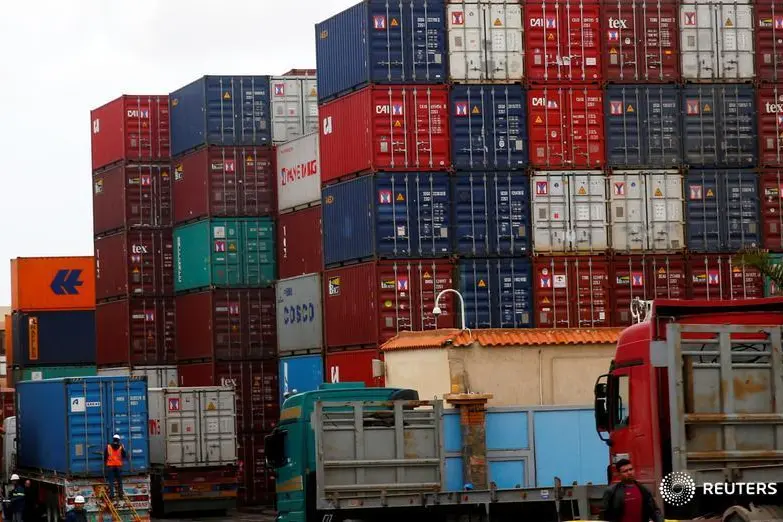PHOTO
Egypt - The Chemical and Fertilizer Export Council reported a significant rise in exports from January to September 2024, totaling $6.5bn, marking a 5% increase compared to the same period in 2023. This represents approximately 21% of Egypt’s total non-oil exports.
The council highlighted strong performance across most export categories. Plastics and resins led the growth with a 29% increase, reaching $2bn. Petrochemical products saw a 71% surge, totaling $1bn, while glass products rose by 22%, reaching $199m.
Khaled Abu El-Makarem, Chairman of the Chemical and Fertilizer Export Council, attributed this growth to sustained efforts to boost the global competitiveness of Egyptian products despite existing challenges. He emphasized the council’s commitment to overcoming obstacles faced by manufacturers and exporters, reinforcing the sector’s role as a cornerstone of the national economy.
Abu El-Makarem acknowledged ongoing challenges, including rising production costs, supply chain disruptions, and dependence on certain imported raw materials. However, he forecasted that the sector’s exports would reach $8.5bn by the end of 2024, driven by heightened global demand, enhanced local production capabilities, and supportive government policies.
Executive Director of the council, Mohamed Maged, stated: “We are focused on implementing comprehensive strategies to expand market reach, foster innovation in export products, and strengthen public-private sector collaboration to achieve the sector’s ambitious goals.”
Turkey remained the top importer of Egyptian chemical products, with a value of $950m, a 9% increase compared to last year. Italy, France, and the United Kingdom also demonstrated positive growth, consolidating their positions as key markets for Egyptian exports.
In its January-September 2024 report, the council outlined several recommendations to further support the industry. These included:
- Simplifying import procedures for critical production supplies.
- Expanding the natural gas network to ensure stable production.
- Exploring non-traditional markets, particularly in Africa and Asia.
- Supporting innovation and increasing the added value of exported products.
- Revising the export rebate system to foster genuine growth.
- Establishing industrial hubs to strengthen supply chains and reduce reliance on imported materials.
The council also emphasized the importance of launching joint initiatives to assist manufacturers and exporters in addressing production and financial challenges.
By continuing to enhance the export environment and providing sustainable solutions, the Export Council aims to elevate the global standing of Egypt’s chemical industries, reinforcing their position as a key driver of the economy.
© 2024 Daily News Egypt. Provided by SyndiGate Media Inc. (Syndigate.info).





















